Student Politics at Educational Institutions
At a roundtable, the discussion on student politics in educational institutions highlights the challenges and potential reforms needed to address its current state in Bangladesh. Many students, disillusioned by the violence, extortion, and control exerted by groups like the Chhatra League, support the idea of banning student politics. Critics argue that student politics has been corrupted, with major political parties like the AL and BNP using student movements to extend their influence. Others, however, believe that banning student politics would not eliminate polarisation on campuses but might create new divisions. The discussion calls for a reassessment of student politics, emphasising the need for corruption-free youth politics, fair access to resources like accommodation, and a focus on genuine student leadership. The overarching theme is the importance of creating an environment in universities where students can engage in free thought and debate on critical issues without fear or bias.
How do you view student politics in educational institutions?
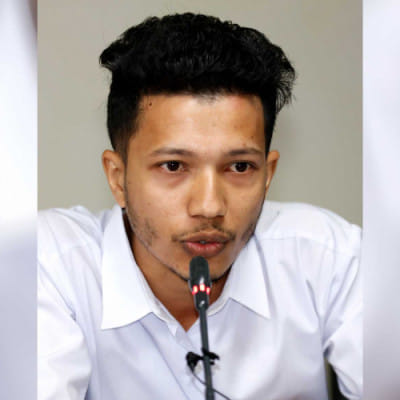
What we have consistently observed before and during the July massacre is violence against student movements."
Mustafiz Rahman, Organiser, Jagannath University
The student wing of the Awami League, Chhatra League, has been disruptive even during exam periods at our university. This group exerted significant control over students, frequently commanding various aspects of their lives. Many activists would skip lectures to attend political meetings and participate in processions. This dominance has made us increasingly pessimistic about university-level politics in Bangladesh, which is why I support the idea of making student politics illegal.
When student politics leads to practices such as extortion and terrorism, it becomes a serious concern. At Jagannath University, such activities have been prevalent, setting a poor example for academic institutions. Student politics must be banned as it has already been corrupted and is at risk of further being influenced by propaganda, leaving behind the ideals of law-abiding politics.
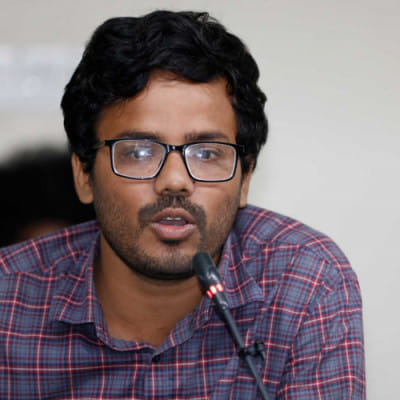
"Student politics in Bangladesh has always been relevant."
Masud Rana, Organiser, Rajshahi University
A recurring issue with youth-based political groups is that final approvals are typically granted by higher authorities. I am uncertain about how decisive or effective individual student leaders from the AL and BNP have been. This has weakened the foundation of student politics and hindered the development of student leaders. Student politics should be for students and should not be exploited by major parties like the AL and BNP to extend their influence.
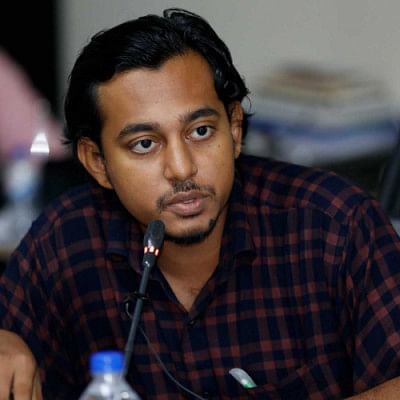
"The current state of student politics requires thorough reassessment."
Arif Sohel, Organiser, Jahangirnagar University
The traditional structures and characteristics are no longer effective, as evidenced by the growing disillusionment among both youths and the general public in Bangladesh.
We currently lack successful models for student politics that truly address the needs of the people. To rectify this, we must first focus on developing effective policies and mobilising resources to meet political aspirations. Practical experience is crucial and should be given serious consideration. Only through this approach can we build a solid foundation for student politics that is recognised nationally. As emphasised, student politics should primarily serve the interests of young people. Upholding this principle is essential if we are to prepare Bangladesh for modern, internationally recognised political engagement.
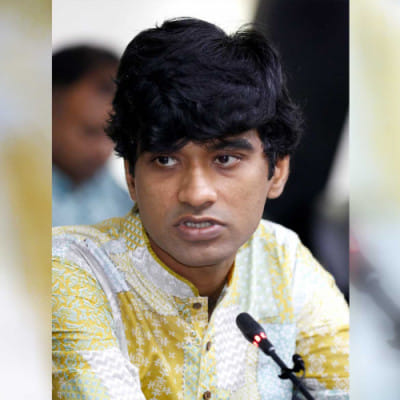
"Student politics is influenced by societal dynamics. Divisions and discrimination within society inevitably impact student politics."
Meghmallar Basu, Organiser, Dhaka University
University-level politics in Bangladesh, involving both students and teachers, tends to be highly polarised. I support the recent calls to eradicate corruption from student politics. These demands are part of a broader narrative advocating for a ban on student politics. However, if student politics were to be banned, it would not necessarily end campus polarisation. Instead, new divides could emerge, as groups might feel marginalised.
Student politics is influenced by societal dynamics. Divisions and discrimination within society inevitably impact student politics. Political actors in Bangladesh must confront this issue and strive to build more equitable communities.
It is widely believed that student politics was more sophisticated during the 1970s and 1980s. DUCSU elections were more regular at that time, and student leaders had to demonstrate their effectiveness. In recent decades, however, political figures have increasingly neglected the need to gain approval from the masses.
Certain regulations from the 1990s require revision. On-campus accommodation should not be allocated based on political affiliation. Such practices disadvantage ordinary students by prioritising those with specific ideological or organisational ties. Ensuring fair access to accommodation would support the development of progressive student politics.
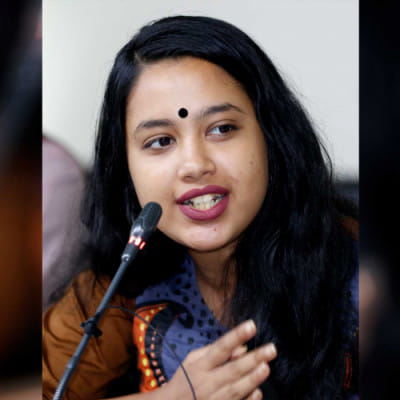
"A university should be a haven for free thought."
Prapti Taposhi
I envision Bangladeshi educational institutions where students are granted the liberty to express themselves openly. Issues such as US imperialism, Indian aggression, and both local and international politics are crucial subjects that students need to debate and understand.
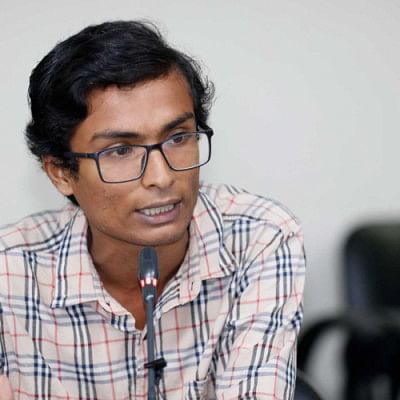
"The pressing need is for corruption-free youth politics."
Mozammel Haque
To achieve this, we must ensure transparent and equitable processes for accommodation facilities and student elections. University administrations need to be both credible and effective.
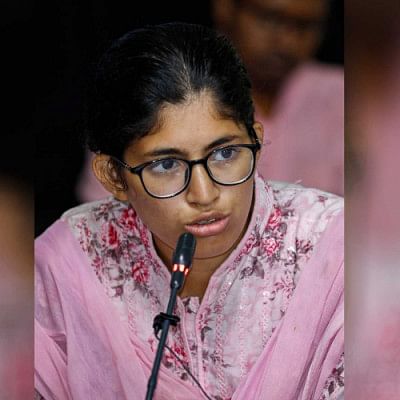
"It is crucial for students with genuine intentions to step up"
Umama Fatema
Before addressing the legality of student politics, we must focus on the condition of student dormitories. Until 1990, some traditions of student politics were upheld despite widespread rigging. The 28-year hiatus of DUCSU suggests a loss of essential ethical standards. Today, it is crucial for students with genuine intentions to step up. Banning student politics would only create unnecessary obstacles.
Views were expressed at a roundtable at The Daily Star with students from various universities across the country, who led the quota reform movement.

 For all latest news, follow The Daily Star's Google News channel.
For all latest news, follow The Daily Star's Google News channel. 



Comments